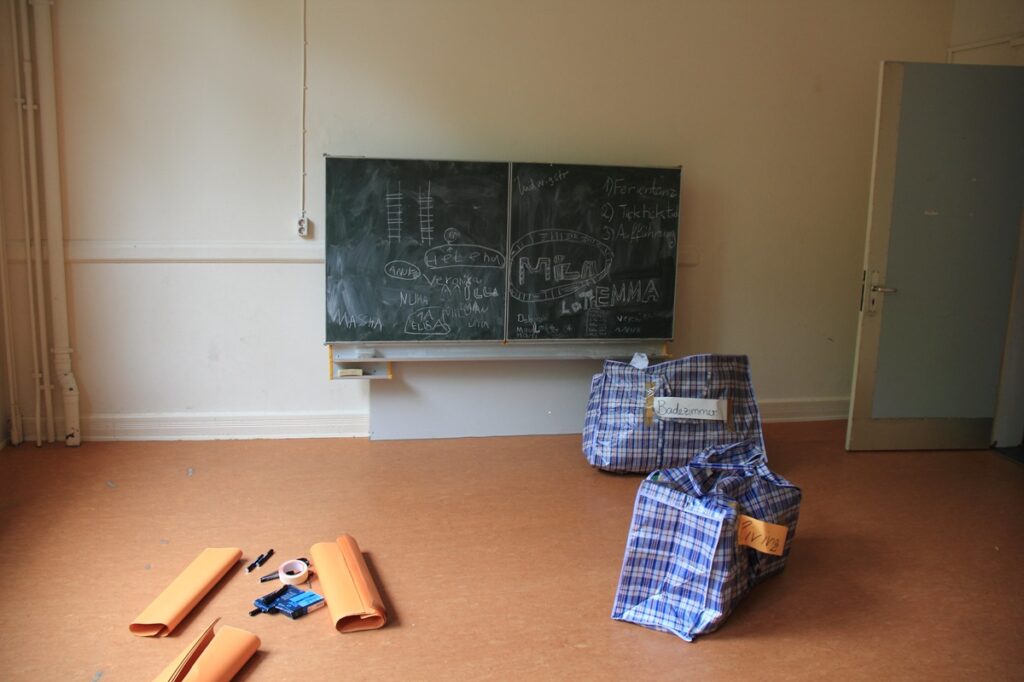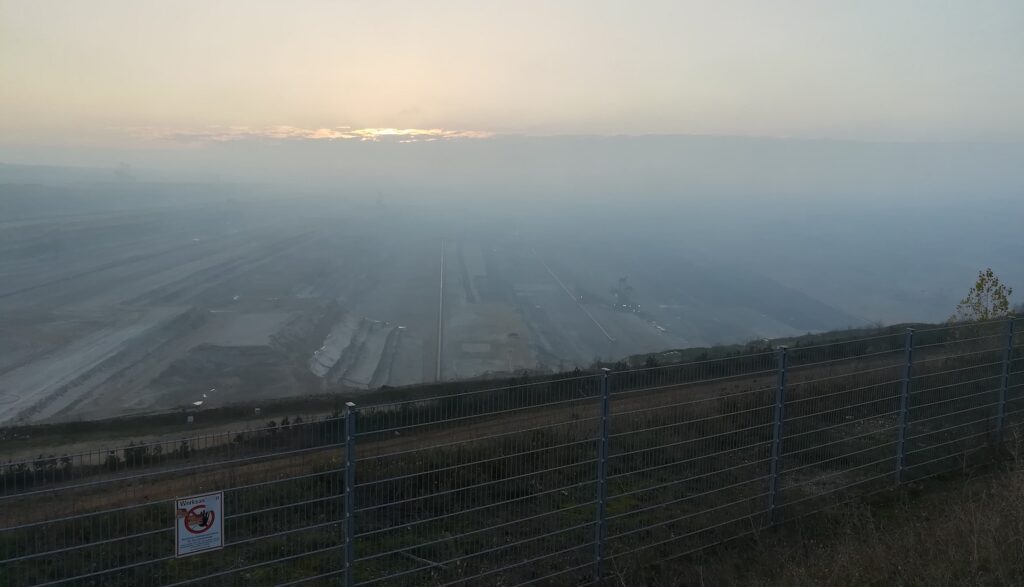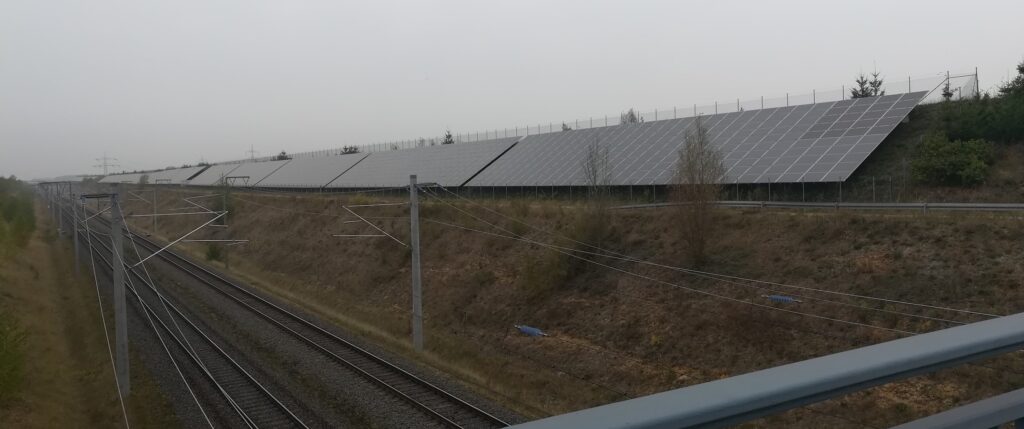
The German governing coalition explicitly considers refugee integration to be a humanitarian project based on an obligation to care for others because of their shared humanity. Notably, however, the country’s strategies for integrating refugees are based on the notion that refugees coming to Germany lack not only the practical skills (like linguistic skills) to help them succeed in Germany but also the “right” values. The idea that refugees and their cultural differences, not German society, are the barrier to refugee success in Germany guides German integration programming. Survey data suggests, however, that refugees identify with most “German values” to an equal or stronger extent than the rest of the German population (Fuchs, Fan, and von Scheve 2021).
To compensate for this perceived (if false) deficiency, Germany’s humanitarian approach to refugee management relies on policies and programming, including federally designed integration courses, that prioritize refugee personal development to transform refugees into desirable German subjects who value the rule of law, freedom, tolerance, and equal rights. Germany’s integration strategies provide one example of how colonial taxonomies of social difference—in this case, orientalist notions of the inferior values of people from the Middle East—can produce humanitarian practice itself. While German integration courses are imagined by the state to facilitate refugee life through cultural integration, the courses do nothing to address refugee racialization or institutionalized racism in Germany. I raise the question then, based on the experiences of my Iraqi Yezidi refugee interviewees, about the degree to which integration courses re-package orientalist hierarchies into other forms of taken-for-granted, institutionalized social difference. To what extent do integration courses imply a suppression of meaningful cultural practices, like marriage practices, while leaving German racial hierarchies untouched?
The very idea of the individual refugee subject who can be taught the right values through integration policy is deeply inflected by ideas about love, sex, and marriage. Elizabeth Povinelli (2006) has called this self-making subject the “autological subject” and has argued that it, along with its false binary pair, “genealogical society,” or social constraint, are Enlightenment products tied to ideas about intimacy. Scholars have argued in multiple contexts that through the marriage of a heterosexual couple—and the state’s efforts to regulate it—political and economic subjects are made and the state is reproduced (D’Aoust 2014; de Hart 2015; Federici 2004; Foucault 1978; Stoler 2001). Notably, in my research with Iraqi Yezidis—Kurdish-speaking practitioners of an ancient monotheistic religion who are strictly endogamous—marriage is similarly critical for the reproduction of the community.
The content of the integration courses, which are administered through course providers approved by the Federal Office of Migration and Refugees, offers a concrete example of how ideas about marriage and love are bound up in the individual political subject that Germany’s refugee integration strategies aim to create. These courses, which are often a requirement for receiving social benefits or obtaining more secure legal status, are intended to improve language skills and provide information about German law and society. As outlined by the national standard curriculum for official integration courses (Bundesamt für Migration und Flüchtlinge 2017), Module III teaches values like freedom and tolerance through content about family and gender roles among other topics. The curriculum names different family forms, “free choice of partner,” and the possible clash of family expectations about romantic choices as topics that should be covered.
For Yezidi refugees who have through history struggled against campaigns of forced assimilation and displacement at the hands of the Ottoman Empire, British colonizers, the Iraqi and Kurdish governments, and terrorist organizations, these integration courses are not neutral. This is particularly so as some of the dynamics of refugee management in Germany, including constraints on where refugees can live, the pressure to learn German, and acts of violence and discrimination against refugees perceived to be inadequately assimilated, seem to echo campaigns against Yezidis in Iraq. Many of my interviewees find the messages in these integration courses (that free choice of partner is valuable, for example) challenging because they seem to critique what most of my interviewees see as essential for the future of the Yezidi minority: the obligation to marry another Yezidi. The stakes for Yezidis are high; many of my informants have said to me that if too many Yezidis choose to marry outside the community, Yezidism will no longer exist in 50 or 100 years.
Marriage has emerged as an institution through which making choices informed by the appropriate values is critical for the reproduction of both Yezidism and Germany itself. The marriage choices young Yezidis make are not just acts of diplomacy balancing between the competing expectations of their families and the German state but small “intimate events” (Povinelli 2006) in the struggle for a Yezidi future. German integration programming impinges upon Yezidi practices like strict prohibitions against out-marriage that might create ‘parallel societies’, but many of my interviewees see the state’s attention to integration and indifference to threats to Yezidi cultural integrity as harbingers of possible Yezidi ethnocide by assimilation. Beyond the focus of Germany’s integration programming on values, the promise of integration raises questions for some of my interviewees. Even if integration courses do result in changes in Yezidi marriage choices or other culturally salient practices, will Yezidis be able to easily, as one of my interviewees put it, “live like Germans?” For some of my interviewees, there is the sense that even if they might be able to do so, they would not be accepted as such; perhaps the Yezidi would be gone, but the racialized refugee would remain.
Allison Stuewe is a PhD candidate in the School of Anthropology at the University of Arizona. Her research interests include migration policy, intimate relationships and kinship, and historical political economy. Her current research project explores the marriage decisions of Iraqi Yezidi refugees living in Germany.
References
Bundesamt für Migration und Flüchtlinge (2017), ‘Curriculum Für Einen Bundesweiten Orientierungskurs: Überarbeitete Neuauflage Für 100 UE – April 2017’, Nürnberg.
D’Aoust, A. (2014), ‘Love as Project of (Im)Mobility: Love, Sovereignty and Governmentality in Marriage Migration Management Practices’, Global Society, 28:3, 317–35.
de Hart, B. (2015), ‘Regulating Mixed Marriages through Acquisition and Loss of Citizenship’, Annals of the American Academy of Political and Social Science, 662:1, 170–87.
Federici, S. (2004), Caliban and the Witch (Brooklyn: Autonomedia).
Foucault, M. (1978), The History of Sexuality, Volume 1: An Introduction (New York: Random House).
Fuchs, L. M., Y. Fan, and C. von Scheve (2021), ‘Value Differences between Refugees and German Citizens: Insights from a Representative Survey’, International Migration, 59:5, 59–81.
Povinelli, E. A. (2006), The Empire of Love: Toward a Theory of Intimacy, Genealogy, and Carnality (Durham: Duke University Press).
Stoler, A. L. (2001), ‘Tense and Tender Ties: The Politics of Comparison in North American History and (Post) Colonial Studies’, Journal of American History, 88:3, 829–65.
Cite as: Stuewe, Allison 2024. “Humanitarian Erasure: Marriage Practices of Iraqi Yezidi Refugees and Germany’s Integration Courses” Focaalblog 8 November. https://www.focaalblog.com/2024/11/08/allison-stuewe-humanitarian-erasure-marriage-practices-of-iraqi-yezidi-refugees-and-germanys-integration-courses/

